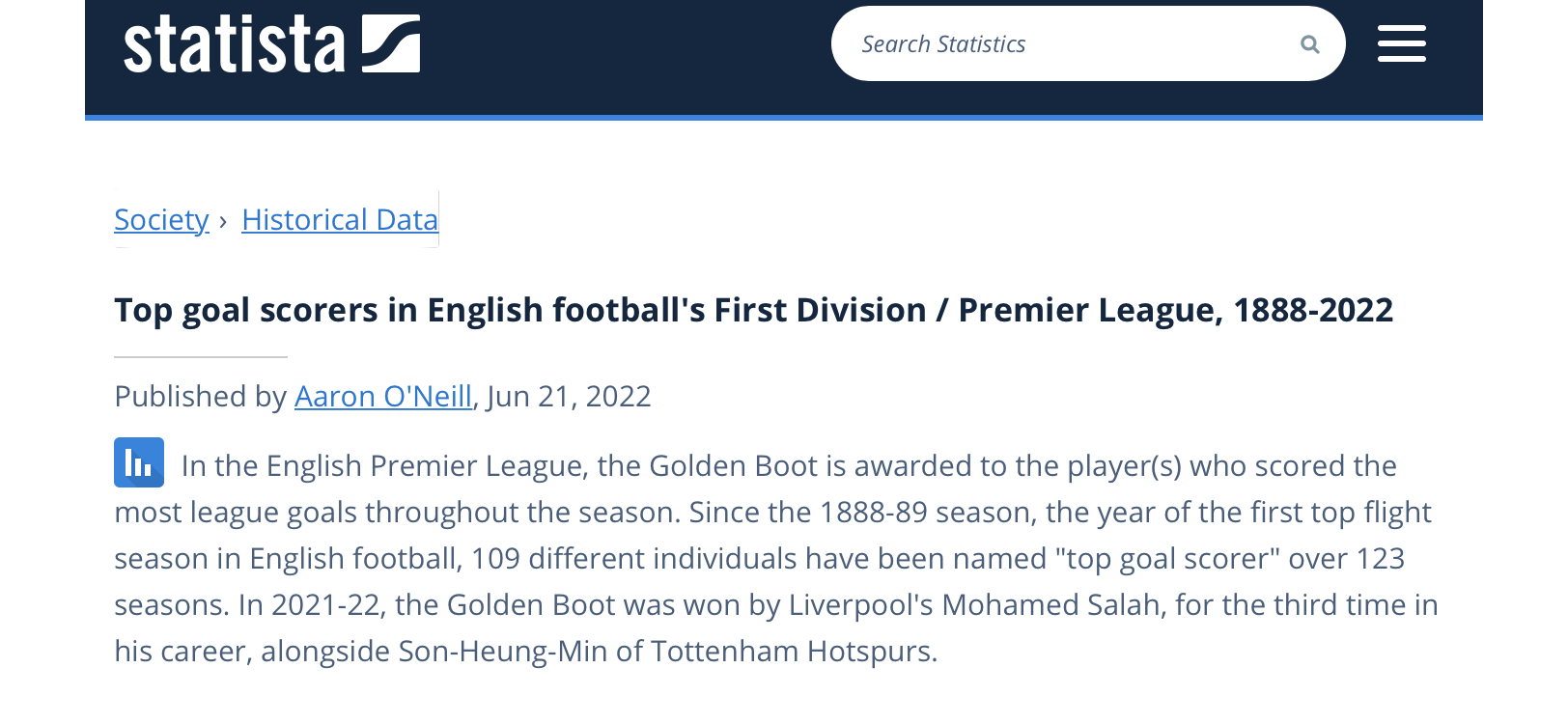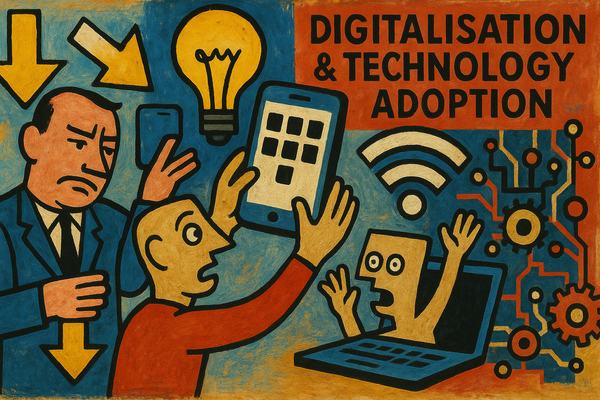Knowledge and understanding: A Student's Guide. #013

As a student, you need to learn how to 'know your stuff’. In a previous post I talked about some generic soft skills that are incorporated and therefore tested as part of a degree programme. All degree programmes in the UK at least require graduates to demonstrate “Knowledge and Understanding” of their area of study.
The Quality Assurance Agency in the UK defines this as
A systematic extensive and comparative understanding of key aspects of the field of study, including coherent and detailed knowledge of the subject and critical understanding of theories and concepts, at least some of which is at, or informed by, the forefront of defined aspects of a discipline.
So What is Knowledge?
According to the Oxford English Dictionary, knowledge is "information or skills acquired through experience or education; the theoretical or practical understanding of a subject."
The Merriam-Webster dictionary defines knowledge as "the fact or condition of knowing something with familiarity gained through experience or association."
In philosophy, the definition of knowledge is more complex. The Stanford Encyclopaedia of Philosophy defines knowledge as "justified true belief." This means that in order for something to be considered knowledge, it must be both true and believed to be true by the person who is claiming it. Furthermore, there must be some justification for why the person believes it to be true. This definition was first proposed by Plato, but it has been refined and debated by many philosophers since then.
One of the main problems with this definition is that it is difficult to prove that someone’s belief is truly justified. For example, a person might believe that a certain event will happen because they had a dream about it, even though there is no rational justification for why that event would actually occur. Another problem is that the definition does not take into account the possibility of false beliefs; a belief that is not true. It is often used to refer to a belief that is held in spite of evidence to the contrary. A false belief may be the result of a mistake, deception, or self-deception.
There are many different types of knowledge. Some examples include:
- Empirical knowledge: Knowledge that is based on observation and experience.
- priori knowledge: Knowledge that is independent of experience.
- posteriori knowledge: Knowledge that is based on experience.
- Procedural knowledge: Knowledge about how to do something.
Arguably from within a Higher Education context we must consider all of the above.

Evaluating different types of information: What and Why?
Demonstrating knowledge of a subject should not end with a degree certificate. The certificate should be the start of a life long journey in knowledge acquisition. That knowledge and much of the information that underpins it will need to stored both internally but equally importantly, externally.
‘Storing knowledge’ is an important skill for any student to have. Having the ability to store and organise data, information, insights and knowledge can help students master their subject areas. It can also provide them with a better understanding of the material, allowing them to access and use the information more effectively. This guide will provide students with tips on how to embrace this knowledge for future use, including how to collect, store, evaluate and curate information, as well as useful student learning skills and cloud storage options.
In my experience of business and management degree programmes we are often preoccupied with ‘what students need to learn’ rather than ‘what students will need to do’. We are too concerned with ‘what students need to learn’ rather than ‘how students learn’.
In the last 50 yrs the world has changed so much. In the same period of time the approach to University Education has hardly changed at all.

1. Collect: Gathering Knowledge for Storage:
The first step in storing knowledge is to collect the information. This can be done by taking notes, reading books and papers, attending lectures and seminars, or consulting staff (and other students). It is important to remember that the information collected should be relevant to the subject being studied. Additionally, it is important to make sure the information is accurate and up-to-date.
www.statista.com is a useful site the provides market data on numerous products, demographics and countries. Ditz is curated and supplied predominately in pdf, excel or powerpoint format. It is visually driven and efficient at provided small data for presentation or collection. I don’t have a definitive list of which universities have been known to provide access to www.statista.com for their students but most decent Universities should have this service available through their library website.

Top goal scorers in English football's First Division / Premier League, 1888-2022
Some popular academic databases used in the UK are EBSCO, JSTOR, and ProQuest. EBSCO is a subscription-based service that provides access to a range of academic journals, magazines, and other publications. It is one of the largest providers of such services in the world, with over 11,000 subscribers inmore than 100 countries.
| EBSCO | JSTOR | ProQuest | |
|---|---|---|---|
| Journals | X | X | X |
| Books | X | ||
| Magazines | X | X | |
| Dissertations | X | ||
| Newspapers | X | X |
The exact of databases will depend on the institution but be assured its big business and a significant capital spend for most universities. The list for the University of Southampton is here
One such database worthy of a mention would be Gale which is a go to place for anything in the mainstream news. Most students rely on Google or Bing initially until they realise that databases such as Gale are not hindered by paywalls or influenced by advertising revenues.
Similarly you might consider WARC for marketing information or Mintel for numerous market data.
2.Store: Finding the Best Format for Your Knowledge:
Once the information has been collected, the next step is to store it in the most effective format. This could be in the form of notes written down, or it could be stored digitally. Digital storage is often the best option, as it allows the information to be organized and easily accessed. Additionally, digital storage provides the opportunity to save and store multiple versions of the same document, so that changes or updates can be made easily.
curate something to collect, select and present information or items such as pictures, video, music, etc. for people to use or enjoy, using your professional or expert knowledge
- Evaluate: Assessing the Quality and Relevance of Your Sources:
Once the information has been stored, it is important to evaluate the quality and relevance of the sources. This involves looking at the credibility of the source, as well as the accuracy and timeliness of the information. By evaluating the quality and relevance of the sources, students can ensure that the information they are storing is reliable and up-to-date.
- Curate: Organizing Your Knowledge for Accessibility:
The next step in storing knowledge is to organize and curate it, so that it is easily accessible. This can be done by creating folders and subfolders, using keywords, and tagging documents. Additionally, it is important to use descriptive titles, as this can help to quickly locate the information when it is needed.
- Student Learning Skills: Strengthening Your Knowledge Retrieval Abilities:
In addition to collecting and storing knowledge, it is important to develop student learning skills that will help with the retrieval of knowledge. This includes techniques such as active reading, summarizing texts, and critical thinking. These skills can help students better understand the material, making it easier to recall and access information.
- Cloud Storage: Taking Your Knowledge Everywhere:
Cloud storage is a great way to store and access your knowledge from anywhere. With cloud storage, students can store their knowledge in the cloud and access it from any device with an internet connection. This allows them to access their information no matter where they are, making it easier to access and use the knowledge when needed.
- Share: Finding Opportunities to Exchange Information:
Exchanging information is an important part of the knowledge storage process. By sharing information with other students and teachers, students can gain insight into different perspectives and ideas. Additionally, sharing knowledge can help to strengthen relationships, build understanding, and foster collaboration.
- Implement: Putting Your Knowledge to Use:
Finally, the last step in storing knowledge is to actually use the information. This can be done by applying the knowledge to practice, such as solving problems or completing assignments. Additionally, by reflecting on the knowledge stored, students can gain a deeper understanding of the material and further develop their skills.
- Conclusion: Storing Knowledge for Success:
Storing knowledge is an important skill for students to have. By taking the time to collect, store, evaluate, curate, and share information, students can gain a better understanding of their subject materials and increase their chances of success. Additionally, by taking advantage of cloud storage and student learning skills, students can ensure their knowledge is easily accessible and can be retrieved quickly when needed.



